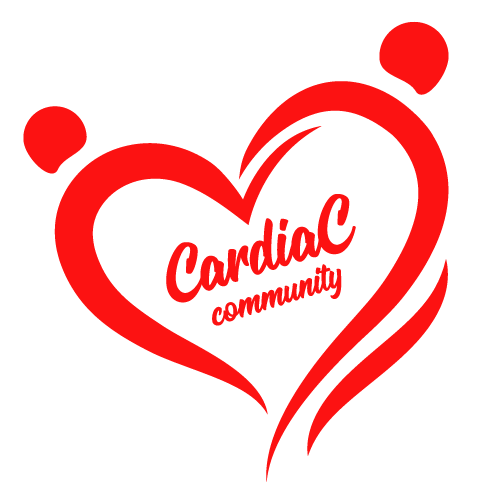What are Hydrogenated Fats?
Hydrogenated fats (also called trans-fatty acids) are manufactured fats created during a process called hydrogenation, whereby hydrogen units are added to polyunsaturated fatty acids to prevent them from becoming rancid and to keep them solid at room temperature.
Hydrogenated oil contains a type of man-made fat, called trans fat, which increases the risk of heart disease, stroke and diabetes. Although once “generally recognized as safe,” the Food and drug Administration (FDA) had declared that no food manufacturers are allowed to add partially hydrogenated oils to their foods as from January 1, 2020.
There are two types of hydrogenated oils; Fully and partial hydrogenated oil.
Full hydrogenation involves creating enough double bonds to make the fat completely solid at room temperature, which does not contain those hard-to-metabolize trans fats. In essence they become saturated fats, but they contain no trans fat and has no significant effect on cardiovascular risk.
List of Fully Hydrogenated Oils are;
- Peanut / groundnut Oil
- Corn Oil
- Cottonseed Oil
- Avocado Oil
- Olive Oil
- Soybean Oil
- Palm Oil
- walnut oil
Partial hydrogenation, involves the creation of double bonds to make the fat semi-solid at room temperature. It ends up containing trans fats, which is a type of man made fat that simultaneously increases your bad or LDL cholesterol, while lowering your good or HDL cholesterol. It also increases the risk of heart disease, stroke and diabetes.
Examples of foods with partially hydrogenated fats are;
- Margarine
- Vegetable shortening
- Packaged snacks
- Baked foods
- Fried foods
- Coffee creamers
- Fast foods
Why Is Hydrogenated Oil Unhealthy?
The process of hydrogenating oil to create a trans fat changes its chemical makeup and makes it difficult for the body to metabolize. Instead of being burned for energy, it’s stored in the body. This increases one’s risk of having heart diseases and other health problems
How to avoid or reduce the intake of partially hydrogenated oil;
Since partially hydrogenated oil contains trans fats, it’s best to avoid such food products by doing the following;
- Read food labels
A product labelled as free from trans fats doesn’t mean it is. Even if a product lists 0 grams of trans fat on the label, check the ingredients list for partially hydrogenated oil. food labels claim no trans fats have been added, but partially hydrogenated oil may still be listed as one of the ingredients. So it’s important to read both the food label and the ingredients listed.
- Always go for healthy substitutes
Avoid all vegetable oils and margarine that has partially hydrogenated oil and substitute with other cooking fat such as olive oil, coconut oil peanut oil, etc
- Reduce consumption of fast foods
Fried foods, such as french fries and hamburgers, are often cooked in vegetable oils, which may harbor trans fats. Furthermore, the trans fat concentration increases each time the oil is reused.
- Avoid or limit the intake of packaged foods
Partially hydrogenated oils go hand in hand with food preservation, which often ends up in packaged foods. Decrease your dependence on packaged foods.
Abiola Salami
Cardiac Dietitian
